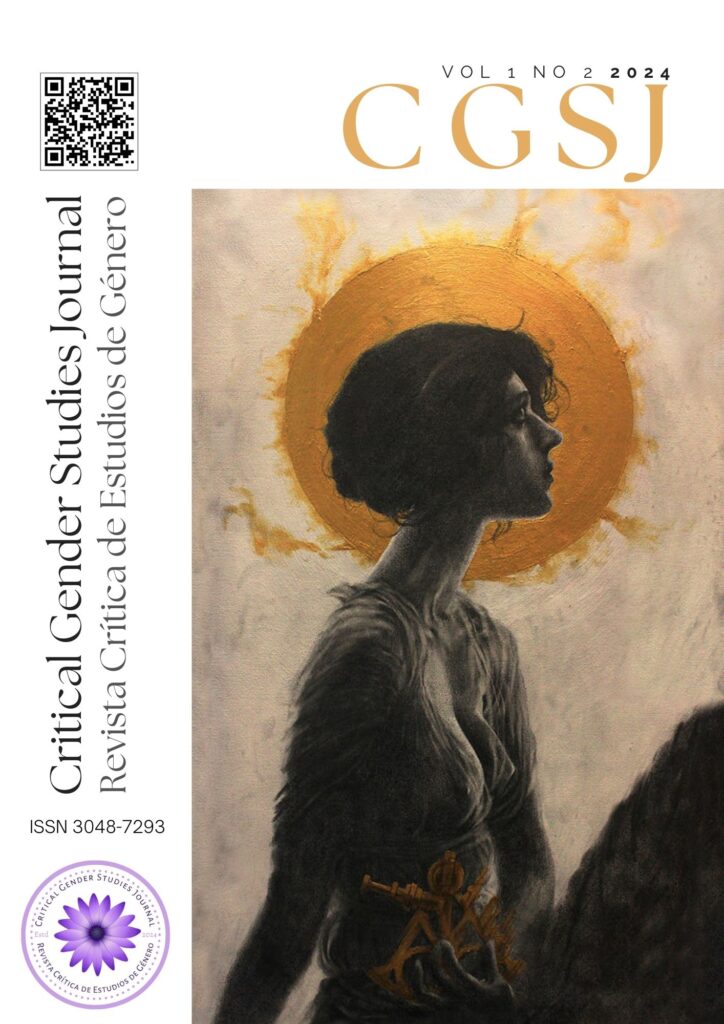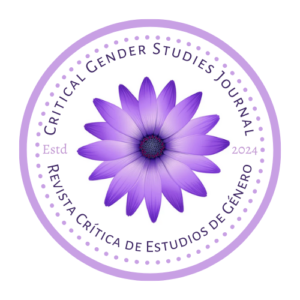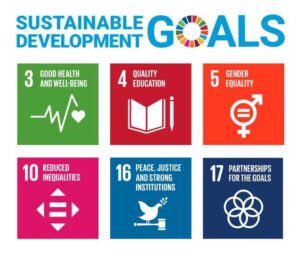Interpretation in Post-Postmodern Theoretical Drift and Gender Mutations
Tetiana Vlasova
Ukrainian State University of Science and Technologies, Ukraine.
Abstract
Objective: To investigate the peculiarities of post-postmodern discourses of interpretation with the accent on their recent gender intersections. Theoretical basis: At the beginning of the XXI century, postmodernist theory, losing its importance and a certain `political correctness’, still leaves its key principles of interpretation and relativism unshakable. The appeal of the recent publications is determined by the fact that acts of interpretation permeate all post-postmodern narratives; allegedly, gender narratives are included per se. By interpreting, we bring our own meanings into everyday life, creating our own narratives, which are essentially gender “stories” with the representation of gender discourses. Interpretation is both “fixed” and “open,” but the narratives are not “open”: the process of constructing narratives is enriched by “natural interpretation,” usually with a focus on the cultural and gender constructs. Scientific novelty: With its tendency to change, interpretation is becoming a symbol of the post-postmodern “normalization of change”. The subjectivity of interpretation is not a transparent boundary between human beings and the world around them: the “better” the interpretation, the more objective our stories seem, and the stronger the constructs conditioned by society, gender, and ideology become. Conclusions: In a world where everything and everyone is seen as a text, interpretation becomes a crucial issue of theoretical problems. In the absence of a “perfect language,” the paradox is that the text simultaneously makes the reader believe in his or her own understanding of its meaning and, by virtue of interpretation, makes this understanding impossible. The influence of language on the being and the being on language is realized in various ways: feminist readings of texts, for example, have both had a huge impact on gender theory and are currently creating a new metamodern wave of the feminist movement. The “work” of interpretation is multivalent and often opaque, but it is the work that conditions the concepts and constructs of culture, society, and gender.
Keywords: biconditional, conditional, History of Women, mental models, possibilities.
| Funding: No funding was received for this research and publication. Conflicts of Interest: The author declared no conflicts of interest. Article History: Received: 07 April 2024. Revised: 19 May 2024. Accepted: 26 December 2024. Published: 29 December 2024. Copyright: © 2024 by the author/s. License: Critical Gender Studies Network (CGSN), India. Distributed under the terms and conditions of the Creative Commons Attribution (CC BY) license (https://creativecommons.org/licenses/by/4.0/). Published by: Critical Gender Studies Network (CGSN) Citation: Vlasova, T. (2024). Interpretation in Post-Postmodern Theoretical Drift and Gender Mutations. Critical Gender Studies Journal. 1:2. DOI: https://doi.org/10.21659/cgsj.v1n2.08 |







